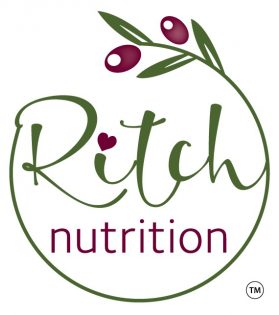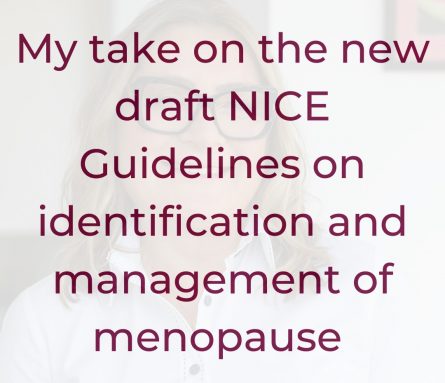There’s been so much polarising media coverage of the new draft NICE guidelines for identification and management of menopause in the last week, that if you believed everything you read, you’d be right to be angry!
Word of warning, consider any inherent bias of the writer! Mine being towards the natural management of 'troublesome symptoms' through holistic nutrition and lifestyle approach.
Positives
👍 Recommends 3 monthly reviews for those taking HRT
👍 Highlights the need for an individualised approach, rather than a one-size-fits-all
👍 Defines menopause as a natural life transition
👍 Covers advice on osteoporosis, dementia, genitourinary symptoms, cardiovascular disease, stroke, type 2 diabetes, thrombosis, breast, ovarian and endometrial cancer
👍 Recommends that those at a high risk of breast cancer to be referred to a menopause specialist
👍 No longer recommends antidepressants as a first line treatment for vasomotor symptoms [hot flushes & sweats] alone
👍 Expands the scope of use for Cognitive Behavioural Therapy [CBT] to include depressive & vasomotor symptoms. Not just for anxiety & sleep difficulties
👍 Covers the the consideration of testosterone for those experiencing low sexual desire associated with menopause
👍 Recommends discussing muscle maintenance and strength for continuing daily activities into old age
👍One sentence that could be relevant to nutrition ‘Advise on lifestyle changes and interventions that can support health and wellbeing’
👍 Mentions ‘complementary therapies and unregulated preparations’ for vasomotor symptoms only. Specifically Black Cohosh and Isoflavones and for those at a high risk of breast cancer St John’s Wort & highlights potential serious drug interactions for this.
Negatives
👎 One vague sentence only on lifestyle changes and interventions and zero mention of nutrition
👍 Random inclusion of Black Cohosh, Isoflavones & St John's Wort
What else would you expect from a system in which most healthcare professionals are largely untrained in prevention, and the power of nutrition and lifestyle medicine.
I’d love to know what you think?

